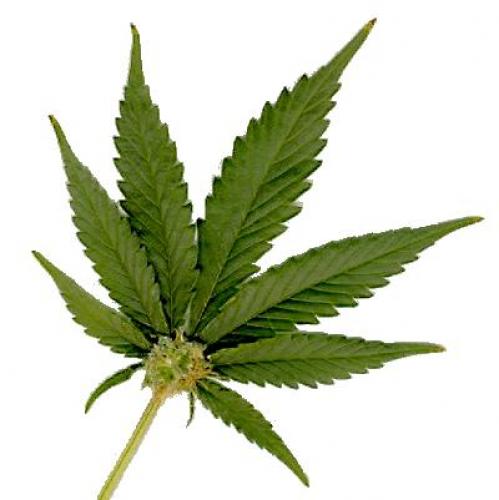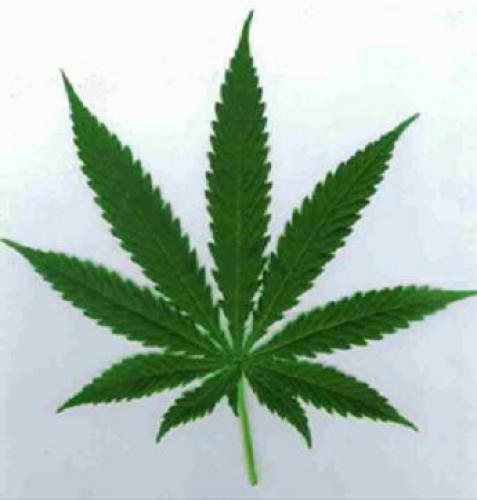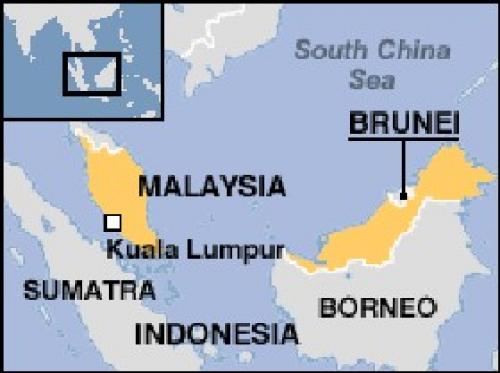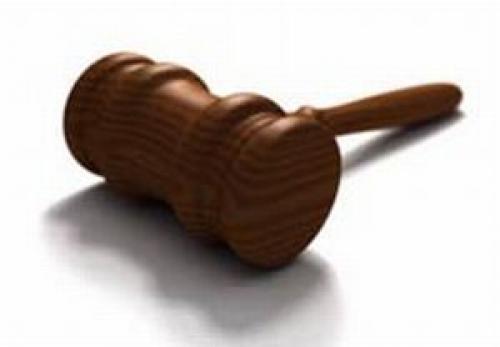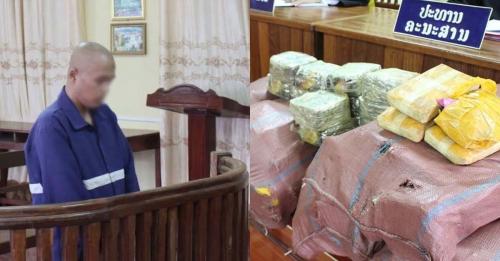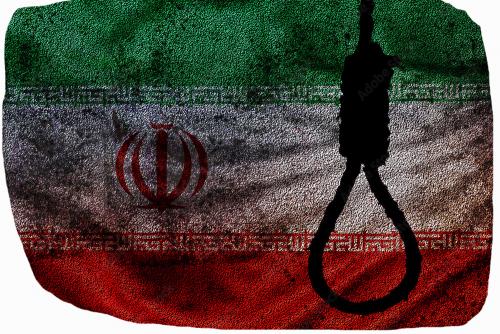government: constitutional monarchy
state of civil and political rights: Partly free
constitution: 31 August 1957 (amended many times, latest in 2007)
legal system: based on English common law; judicial review of legislative acts in the Supreme Court at request of supreme head of the federation; Islamic law is applied to Muslims in matters of family law and religion;
legislative system: bicameral Parliament (Parlimen) consists of Senate (Dewan Negara) and the House of Representatives (Dewan Rakyat)
judicial system: Civil Courts include Federal Court, Court of Appeal, High Court of Malaya on peninsula Malaysia, and High Court of Sabah and Sarawak; Sharia Courts include Sharia Appeal Court, Sharia High Court, and Sharia Subordinate Courts; decisions of Sharia courts cannot be appealed to civil courts
religion: Muslim 60.4%, Buddhist 19.2%, Christian 9.1%, Hindu 6.3, others
death row: 159 (Sources: AP, 21/03/2006)
year of last executions: 0-0-0
death sentences: 34
executions: 1
international treaties on human rights and the death penalty:Convention on the Rights of the Child (made reservation to Art.37 which prohibits the application of the death penalty to minors under eighteen)
situation:
In Malaysia capital crimes include murder, rape, drug crimes, treason and possession of arms.
The Penal Code, under Section 302, makes the penalty for murder mandatory death by hanging.
The Dangerous Drugs Act 1952, at Section 39B on possessing and distributing drugs, also carries a mandatory death sentence. Between 1983 and 2002, at least 210 people were hanged in Malaysia for drug-related crimes.
A 1961 law on kidnapping prescribes a life sentence or the death penalty preceded by a whipping.
In January 2003 the death penalty was instated as mandatory punishment for rapists who cause death and child rapists.
The Malaysian High Courts only try criminal cases punishable with the death penalty. Death sentences issued by a High Court can be appealed at the Court of Appeal. If an appeal is unsuccessful a death row inmate can have resort to the Federal Court. The last resort is the State Pardons Board. The King alone is empowered to commute death sentences.
In general about two years pass between the passing of a death sentence and the execution of the person condemned. Some appeals processes however exceeded 10 years.
As of March 21, 2006 a total of 159 death row convicts were awaiting execution in prisons nationwide.
On February 3, 2005, Malaysia revealed it had executed 358 people by hanging in the past 24 years. Opposition leader, Lim Kit Siang, said he received the statistics from Prime Minister, Abdullah Ahmad Badawi, in response to a written question submitted in parliament. The figures also revealed that 50 foreign nationals had been hanged. They included seven from Thailand, eight from Hong Kong, 23 from the Philippines and four from Singapore. Two Indonesian had been put to death as well as one each from Australia, Britain and Pakistan. Forty-six of them were hanged for drug offences. Twelve of the executions were for offences under the Internal Security Act.
In 2006, one execution took place in Malaysia. Before that, last execution was carried out on December 27, 2002, when three men were hanged at the Kajang prison.
On December 18, 2007 Malaysia voted against the Resolution on a Moratorium on the Use of the Death Penalty at the UN General Assembly.





